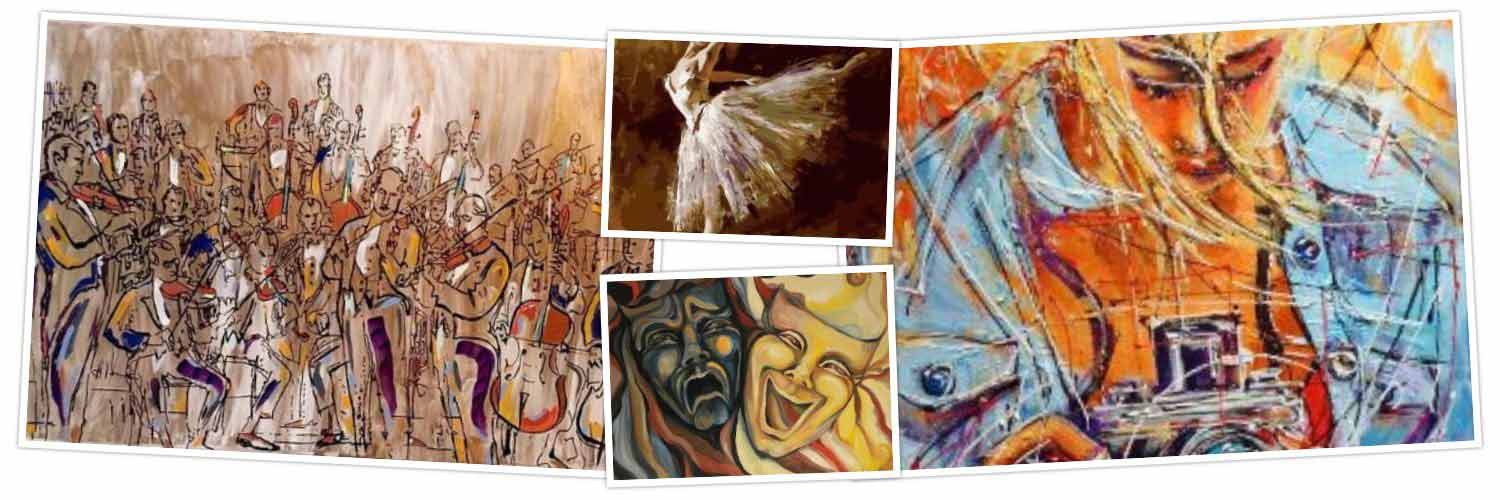“A Ghost in the Throat” by Doireann Ni Ghriofa
Reviewed by Steven G. Kellman
At age 11, Doireann Ní Ghríofa was smitten with “Caoineadh Airt Uí Laoghaire,” an Irish dirge that Oxford Professor Peter Levi pronounced the “greatest poem written in these islands in the whole eighteenth century.” At 34, Ní Ghríofa sets out to translate the work into English and reconstruct the dramatic life of its author, Eibhlín Dubh Ní Chonaill. “[S]he is as real as I am,” proclaims Ní Ghríofa, an accomplished poet who becomes obsessed with her predecessor and mingles details of her own life with those of Eibhlín Dubh. She even gets a phrase from “Caoineadh” tattooed into her skin.
A Ghost in the Throat is an extraordinary amalgam of memoir, biography, and historical ventriloquism, in which an 18th-century Irish woman speaks through her 21st-century admirer. It concludes with the original text of “Caoineadh,” which Eibhlín Dubh composed orally and was only later transcribed into written form. On facing pages is Ní Ghríofa’s stunning translation of it, as “The Keen for Art Ó Laoghaire.” Even without the rest of the book, A Ghost in the Throat would be precious for introducing Anglophone readers to an unjustly neglected masterpiece of feminine lamentation.
After service as a captain in the Hungarian Hussars, Art Ó Laoghaire returns to Ireland with a majestic horse that, under the oppressive English rule, Catholics were forbidden to own. Art refuses to surrender his steed, and Abraham Morris, the sheriff of Cork, declares him an outlaw. After Art is shot dead, Eibhlín Dubh retrieves the body, quaffs handfuls of her beloved’s blood, and pours out her inconsolable grief and uncontrollable fury. “Trouncings and desolations on you,” she rages at her husband’s killer, “ghastly Morris of the treachery,/ you who thieved my man from me,/ the father of my babies.” The raw pain of the woman’s loss calls out across the centuries.
Ní Ghríofa begins and ends her own prose with the proclamation: “This is a female text.” It describes the domestic chores – laundry, vacuuming, dishwashing, etc. – that consume her as a pregnant mother of three. Calling herself “a woman who loved the drug of birth,” she is disappointed when her husband seeks a vasectomy. She even donates her extra milk to a local milk bank. With one inverted nipple, she notes that “milk has made of me a lopsided factory.” But Ní Ghríofa becomes possessed by a compulsion to translate “Caoineadh” and follow traces of its author.
It is not an easy task. Lacking academic training, she feels herself “an amateur paddling in a vast ocean of historical research.” With scant mention of Eibhlín Dubh in letters and official documents of the era, she is left to use her imagination to fill in wide gaps in the earlier poet’s life. When Ní Ghríofa tries to retrace Eibhlín Dubh’s footsteps in contemporary Cork, she is often stymied. The poet’s burial place remains unknown, and when Ní Ghríofa tries to visit Raleigh House, where Eibhlín Dubh lived, the current occupant will not let her past the door. Beset with self-doubts, she asks herself: “Who will gain from this labour?” Can anyone ever really know another human being?
Ní Ghríofa finds a kind of pleasure in the “deletion of presence” that her duties as a wife and mother entail. Yet she throws herself passionately into the work of recovering another woman whose traces have been nearly erased. “Caoineadh” would be better known if Irish culture had not been so effectively expunged and if women’s words had not been long disparaged. Ní Ghríofa is able to learn so much more about Eibhlín Dubh’s husband and two sons than about her, but less about the husband and two sons than many of their English contemporaries. A Ghost in the Throat is itself a kind of exquisite keening over the erasure of an Irish woman. With it, we mourn afresh the loss of her beloved, and the inevitable disappearance of anything we love.

Wow. This is demanding a new level of intellectualism and linguistic prowess for we simple art lovers.
Thanks, SGK, for making us (want to) stretch our feeble brains. ML